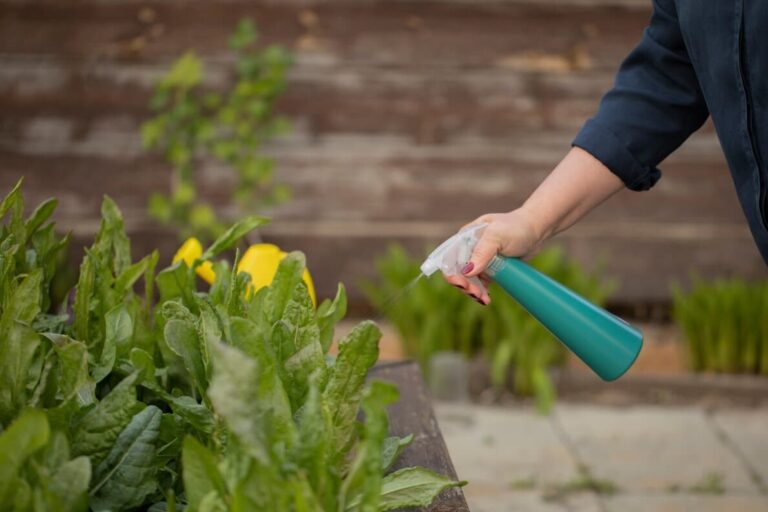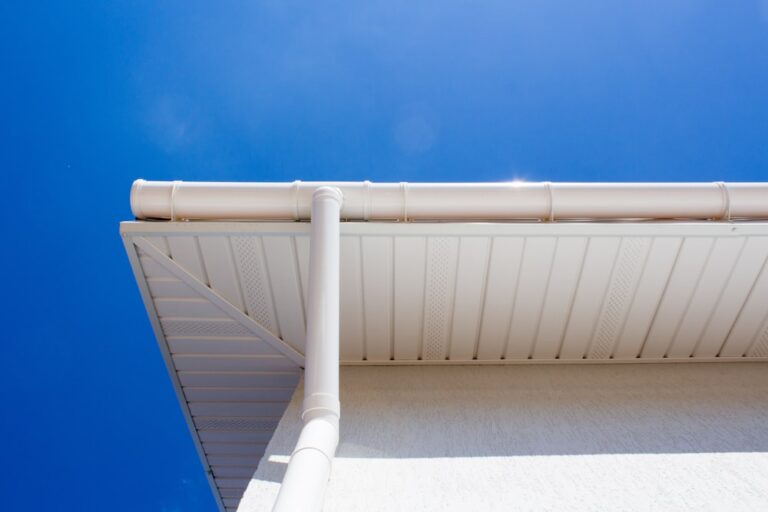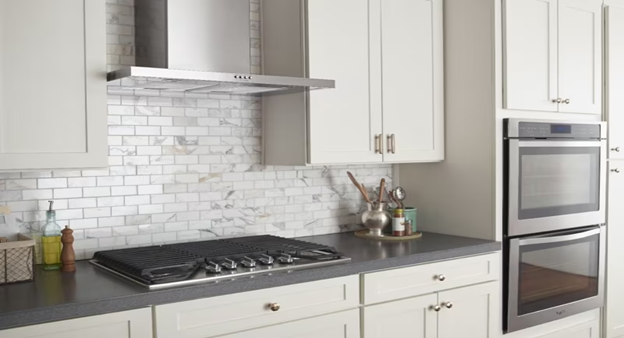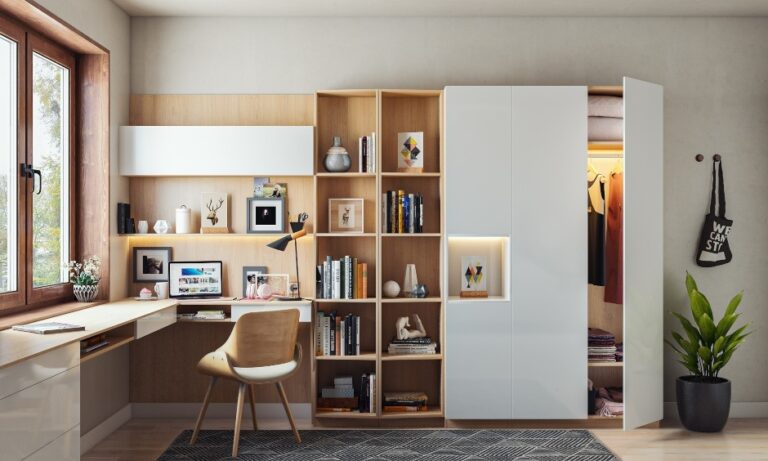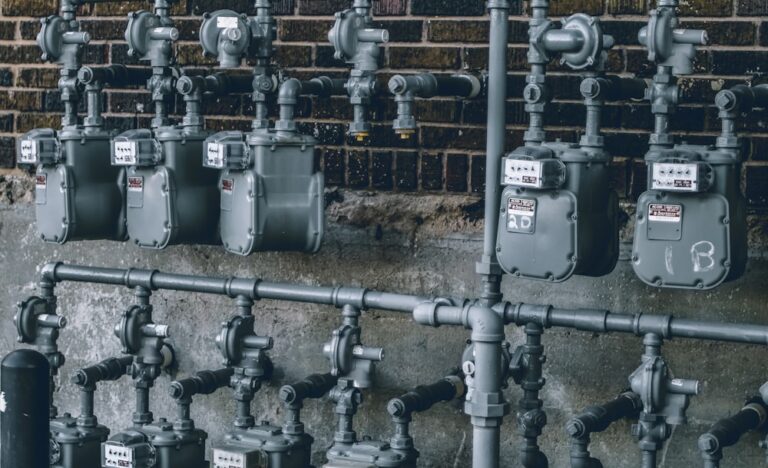Importance of Weed Abatement
Keeping weeds under control on residential properties is crucial for several reasons. First and foremost, weeds can be unsightly and detract from the overall appearance of your property. Additionally, weeds compete with your desirable plants for nutrients, water, and sunlight, potentially stunting their growth and reducing their health and vitality.
Weeds can also harbor pests and diseases, posing a threat to your garden or lawn. By implementing effective weed abatement strategies, you can create a healthier, more attractive residential space.
Common Types of Weeds in Residential Properties
Understanding the common types of weeds found in residential properties is essential for effective weed control and tree health, however you can opt for tree cutting long beach. Here are a few of the most common types that homeowners often encounter:
Identifying and Managing Crabgrass
Crabgrass is a common and persistent weed that invades lawns and garden beds. It thrives in compacted soil and is most prevalent in sunny areas. To manage crabgrass, regular mowing and proper lawn care practices are crucial. Applying pre-emergent herbicides before the seeds germinate can also help prevent the spread of crabgrass.
Controlling Dandelions on Residential Properties
Dandelions are easily identifiable by their bright yellow flowers and seeds that disperse easily in the wind. To control dandelions, regular hand pulling is effective, especially when done before they go to seed. Applying herbicides specifically formulated for dandelion control can also be an option for larger infestations.
Managing Clover Infestations in Residential Lawns
Clover is a low-growing weed with distinctive three-leaf clusters. While it might be considered attractive by some, it can quickly spread and take over your lawn. Maintaining a healthy, well-fertilized lawn can help prevent clover infestations. Additionally, selective herbicides can be used to target and control clover.
Dealing with Chickweed: Prevention and Treatment
Chickweed is a common cool-season weed that forms dense mats in lawns and gardens. It thrives in moist, shady areas. Preventative measures such as proper lawn maintenance, including regular mowing and watering, can help keep chickweed at bay. Applying pre-emergent herbicides in the early spring can also help prevent its growth.
How to Eliminate Bindweed from Your Garden
Bindweed, also known as morning glory, is a persistent vine that can quickly take over gardens and choke out desirable plants. Hand pulling bindweed is challenging due to its deep and extensive root system. To effectively eliminate bindweed, a combination of methods is often necessary, including regular digging, mulching, and the use of selective herbicides.
Preparing the Property for Weed Abatement
Before implementing any weed control strategies, it’s important to properly prepare your property. This involves removing any existing weeds, debris, or overgrown vegetation. Clearing the area will facilitate easier and more efficient weed removal and prevention measures. It’s also essential to identify and address any underlying issues that contribute to weed growth, such as poor soil quality or inadequate drainage.
Chemical Weed Control
Chemical weed control involves the use of herbicides to target and kill weeds. While it can be an effective method, it should be used with caution and following the manufacturer’s instructions. Here are a few key considerations:
Understanding Different Herbicides
There are various types of herbicides available, each with different modes of action and target weeds. It’s essential to select the appropriate herbicide for the specific weeds you want to control. Broad-spectrum herbicides target a wide range of weeds, while selective herbicides focus on specific types of weeds without harming desirable plants.
Proper Application Techniques
To ensure effective weed control and minimize the risk of harm to desirable plants or the environment, proper application techniques are crucial. Follow the instructions provided by the herbicide manufacturer, including dosage, timing, and application method. Applying herbicides during calm weather conditions and when rain is not expected can also improve their effectiveness.
Mechanical Weed Control
Mechanical weed control involves physically removing weeds or using tools and equipment to manage their growth. This method is suitable for smaller areas or when chemical control is not desired.
Manual Weed Removal
Hand pulling or digging out weeds by their roots is an effective method for small-scale weed control. Ensure you remove the entire root system to prevent regrowth. If weeds have matured or have a taproot, using a tool such as a garden fork can make the process easier.
Use of Weed Trimmers and Edgers
Weed trimmers and edgers are useful tools for maintaining tidy edges along driveways, sidewalks, and garden beds. These tools can help prevent the spread of weeds by keeping them in check and preventing them from encroaching on desirable plants. Regular trimming and edging can also improve the overall appearance of your property.
Natural Weed Control
If you prefer to avoid using chemicals or want a more eco-friendly approach to weed control, natural methods can be effective.
Mulching
Mulching is a popular natural weed control method that involves applying a layer of organic materials, such as wood chips, straw, or compost, to the soil surface. Mulch acts as a physical barrier, preventing weed seeds from germinating and blocking sunlight to existing weeds. It also helps retain moisture and improve soil health.
Herbicide Alternatives
There are several herbicide alternatives you can use to control weeds naturally. These include homemade weed killers using vinegar or salt, boiling water, or the use of specialized tools like flame weeders. While these methods can be effective, they may need to be applied repeatedly for best results.
Regular Maintenance and Preventive Measures
Consistent maintenance and implementing preventive measures are key to long-term weed abatement on residential properties.
Regular Inspections
Regularly inspect your property for any early signs of weed growth or infestation. This allows you to address the issue promptly, preventing weeds from spreading and becoming more difficult to control. Quick action can save you time and effort in the long run.
Proper Watering and Fertilizing
Maintaining a healthy lawn and garden is essential in preventing weed growth. Proper watering and fertilizing practices help promote the vigor and competitiveness of your desirable plants, making it harder for weeds to take hold. Avoid overwatering, as it can create favorable conditions for weed growth.
Weed Barrier Installation
Installing a weed barrier, such as landscape fabric or plastic sheeting, can be an effective preventive measure. These barriers create a physical barrier that prevents weed seeds from reaching the soil and germinating. However, it’s important to properly install and maintain the barrier to prevent weeds from creeping in through gaps or tears.
Professional Weed Abatement Services
If weed infestations on your residential property become overwhelming or difficult to manage, it may be worth considering professional weed abatement services. Experienced professionals have the knowledge, expertise, and equipment to effectively manage and control weeds, providing you with peace of mind and a weed-free property.
Conclusion
Implementing effective strategies for weed abatement on residential properties is essential for maintaining an attractive and healthy outdoor space. By understanding the common types of weeds, properly preparing your property, and utilizing a combination of chemical, mechanical, and natural control methods, you can keep weeds at bay.
Regular maintenance, inspections, and preventive measures are key to long-term success. If needed, professional weed abatement services can provide expert assistance. With these strategies in place, you can enjoy a weed-free residential property throughout the seasons.

